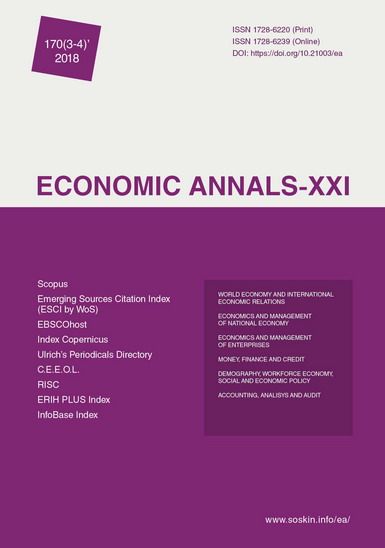Examining anomalies in Islamic equity market of the emerging economies
Examining anomalies in Islamic equity market of the emerging economies
Author(s): Areeba Khan, Mosab I. Tabash, Mohd Sarim, Asif AkhtarSubject(s): Economy, Islam studies
Published by: Institute of Society Transformation
Keywords: Islamic Equity; Shariah Index; Emerging Economies; Anomalies; GARCH; Ramadan;
Summary/Abstract: The purpose of this study is to evaluate the performance of Islamic stock indices in the presence of Islamic calendar anomaly in the context of emerging economies. The current study has considered daily data from 1 January 2010 to 1 September 2017. Standard & Poor’s (S&P) Shariah index, which comprises funds from 22 emerging economies, is used for the study. Descriptive statistics are applied to check the behaviour of the index. The Generalised Auto Regressive Conditional Heteroscedasticity Model (GARCH) model is applied to capture the seasonality in the returns and the volatility of the Islamic equity market. It has been found out that the effect of Ramadan, the holy month of Muslims, can be both significant and insignificant depending on different years. The Islamic indices during the earlier years of their establishment were performing poorly, if compared to the market benchmarks. But during the latter years, the markets have performed well or maintained a good place, as compared to market benchmarks. The results of Jensen’s alpha show that the returns during Ramadan improve significantly. This study will help the investors to efficiently time their trading. Based on the authors’ best knowledge, this is the first paper describing an investigation on Ramadan effect on the emerging Shariah index, which has also included the Ramadan period of 2017.
Journal: Економічний часопис - ХХІ
- Issue Year: 170/2018
- Issue No: 03+04
- Page Range: 64-68
- Page Count: 5
- Language: English

